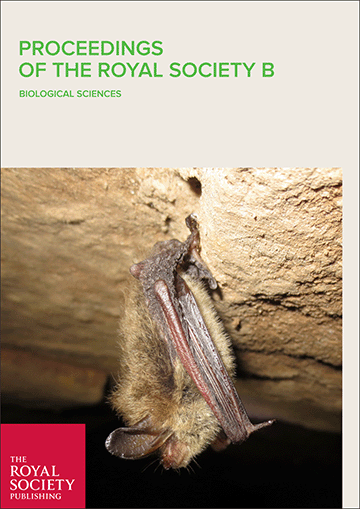This study focuses on the impacts of decentralisation on forests and estate crops in the original districts of Kampar and Indragiri Hulu, located in Riau Province, Sumatra, Indonesia. The research was conducted during 2000, preceding the beginnings of decentralisation in January 2001, with a brief follow-up to March of that year. It was important to chart attitudes to decentralisation at provincial level, as well as examine the deconcentration of the regional office of the Jakarta-based Ministry of Forestry and Estate Crops. The demands for fibre of the two immense pulp and paper companies (RAPP and Indah Kiat) was analysed on a province-wide basis. Both of the original districts were recently subdivided: Kampar became three, adding Rokan Hulu and Pelalawan, while Indragiri Hulu was halved to add Kuantan Singingi. The existence of these new entities, struggling to create separate infrastructure and administrations, has complicated the decentralisation process. Much of Indragiri Hulu is occupied by Bukit Tigapuluh National Park and its buffer zone, with many stakeholders and conflicts over illegal logging, while Kuantan Singingi has large areas under pulp plantations. Kampar and Rokan Hulu are dominated by oil palm, the plantations' occupancy of the land being contested by local populations. Pelalawan still has natural timber, the swamp forests of the sparsely populated lower Kampar basin, but is also the headquarters of RAPP in the rapidly expanding centre of Pangkalan Kerinci. The study found that during 2000, the most serious impact on the forests was a result of political reformation and the economic crisis, with the Soeharto government's rules being ignored and timber being cut for its quick return under conditions of high demand. Depressed rubber prices gave further impetus to forest clearing. After decentralisation, despite greatly increased available income in the districts, serious environmental and social problems remained to be tackled. While local pride was a positive outcome, signs of both xenophobia and a rush to develop at all costs were worrying aspects.
Download:
DOI:
https://doi.org/10.17528/cifor/001058
Altmetric score:
Dimensions Citation Count:

Publication year
2002
Authors
Potter, L.; Badcock, S.
Language
English
Keywords
decentralization, local government, politics, economic crises, policy, effects, forests, plantation crops, environmental impact, forest management, forest policy, pulp and paper industry, social impact, wood fibres
Geographic
Indonesia
























